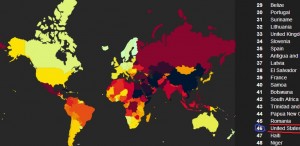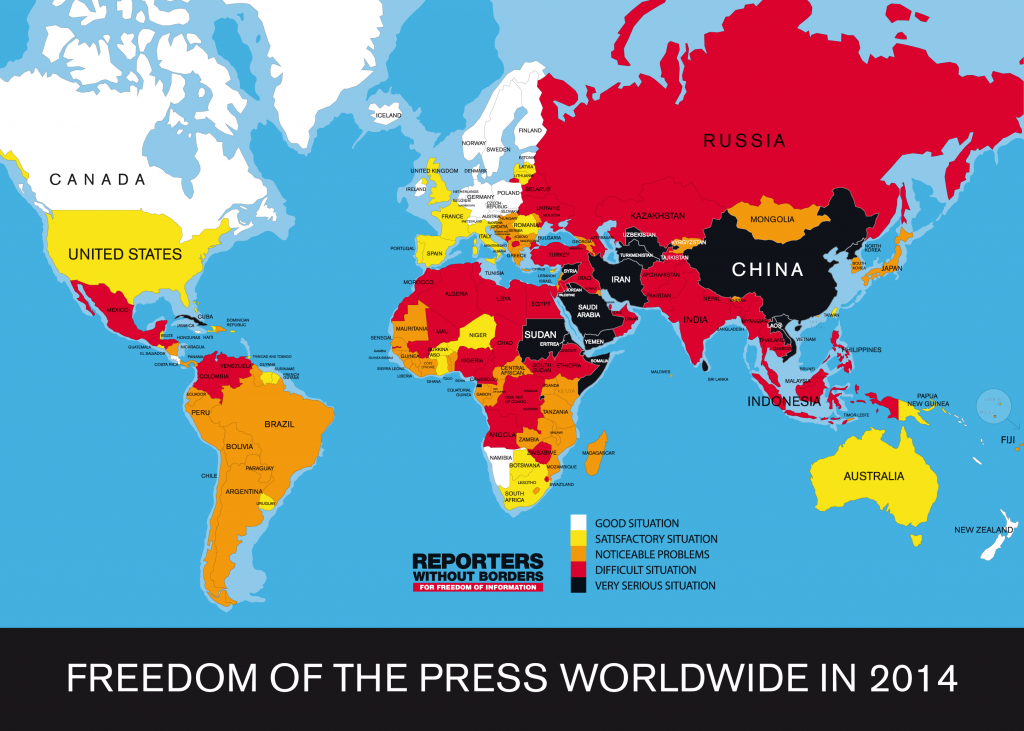My computer screen’s glare eats my eyes as I type this, but I can see the appeal of Newsweek printing one more time. I’m not blind (yet).
Either the digital media is trying to comprehend how bad my jokes/ideas are, or I’m rubbing my eyes to make “the blurry” go away.
There are people that find comfort in the tangible. They will pay $7.99 for glossy print and colorful information to read on the train when their phones have no connection, just like my dad would rather pay for the subscription of Astronomy magazine. Even I admit that being surrounded by printed books (you know, those bulky things made of paper) is a little more comforting than scrolling on a touch screen.
Naysayers cry, “get with the new media, Newsweek!” as the fully online paper restarts the presses to print 70,000 print copies. But they’re appealing to a concrete tradition: flipping through a paper and truly owning it. Spending an hour reading something you wouldn’t dare search for on your own. There’s actually an unfolding story in my hands!

OH MY GOD! This… is… AWESOME!
It might be a trap, but they can afford to try one more time so long as it remains a supplement to the product (how the tides have turned!). Their advertising profits are healthy enough. It’s an attempt to reach “the unreachable” in the diffusion of innovation curve. It never quite reaches 100% of people, but print could help. There are people that just refuse to use new technology- and that’s okay.

Not the straight colorful chart you expected, is it? Sometimes the facts are black and white.
To focus on print solely would be suicide of course. A lot of people love digital media (myself not excluded). To start a limited print run to see if it would get former loyalists back, snag some people in that small unreachable percentage, and keep the people you have by making an old feature new seems smart though. Plus, these print copies are doubling as advertisement for the online product.
If it doesn’t work, fine. But until then, go Newsweek. Make me feel luxurious for reading one of your 70,000 copies.


